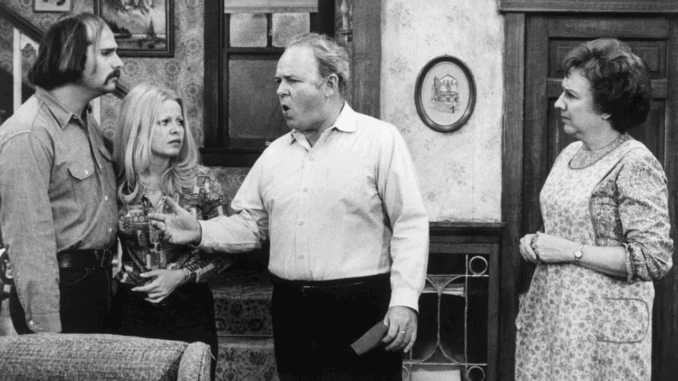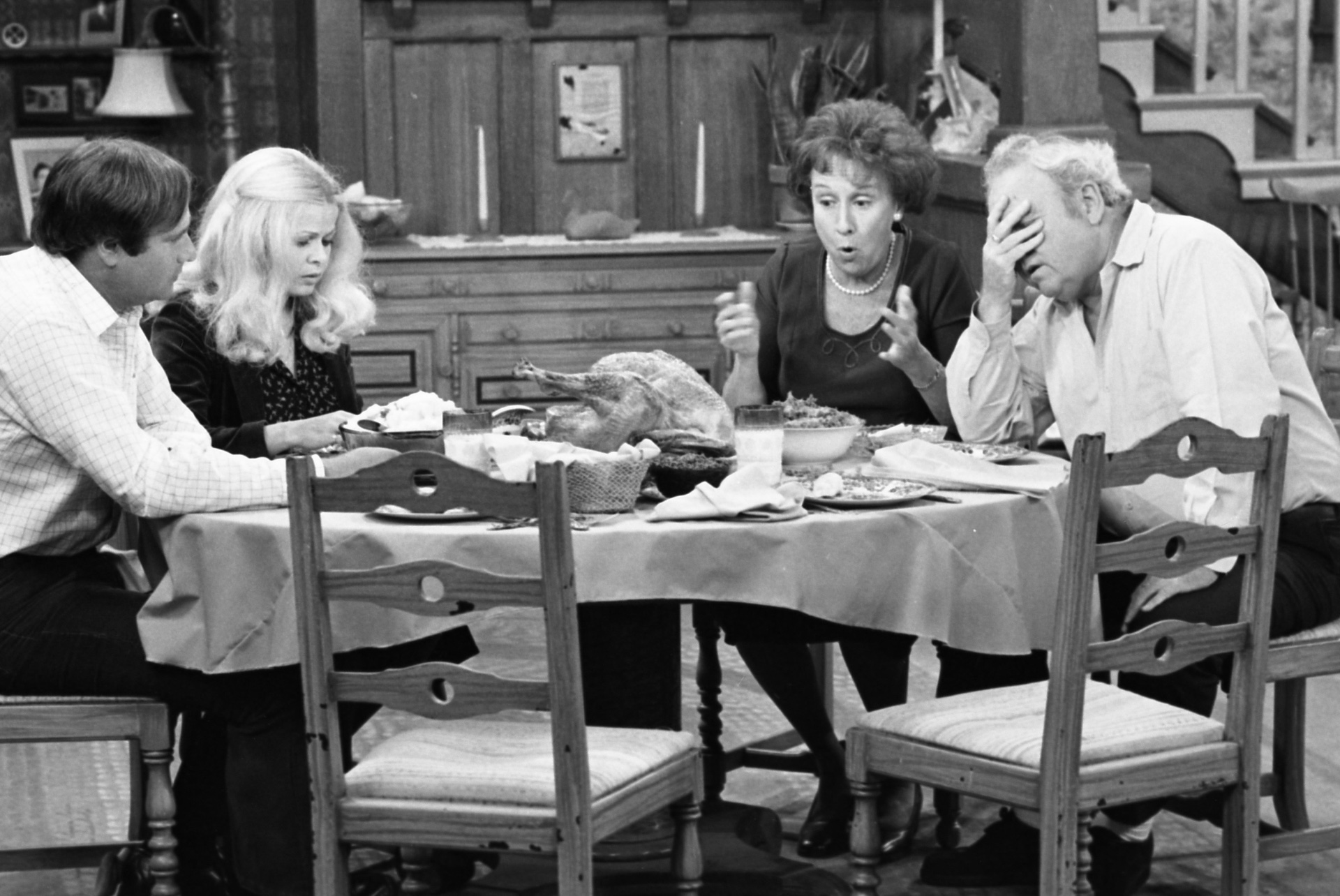
The sitcom that made audiences uncomfortable — and made television matter
Before All in the Family, sitcoms were safe. Jokes were gentle, families were flawless, and politics were kept far outside the picket fence. But Norman Lear had other plans. With a single show, he shattered TV norms, gave a megaphone to the marginalized, and proved that sitcoms could have both a soul and a spine.
The first sitcom that dared to be dangerous
When All in the Family debuted, it opened with an old couple singing “Those Were the Days” — but what followed was a leap into the present. Racism, sexism, homophobia, religion, poverty, war: nothing was off-limits.
It wasn’t just about Archie Bunker’s outbursts. It was about how the show framed those outbursts. They weren’t glorified; they were interrogated. Viewers were asked not just to laugh — but to think.

A blueprint for progressive television
Without All in the Family, there would be no Maude, no The Jeffersons, no Murphy Brown, and likely no Black-ish or Atlanta today. Norman Lear didn’t just write episodes — he opened doors. And the writers who followed him carried that torch into the 21st century.
The show also launched careers. Rob Reiner (Mike) went on to become an acclaimed director. Jean Stapleton (Edith) became a feminist icon. And Carroll O’Connor, forever associated with Archie, took on later roles that continued to challenge societal norms.
A legacy that refuses to fade
In 2019, ABC aired a live re-creation of All in the Family with Woody Harrelson and Marisa Tomei. It was a hit — not because of nostalgia, but because the words still resonated. The same arguments, prejudices, and generational divides still exist. We still laugh. We still cringe. We still reflect.
That’s the power of a show that knew laughter was only the beginning.